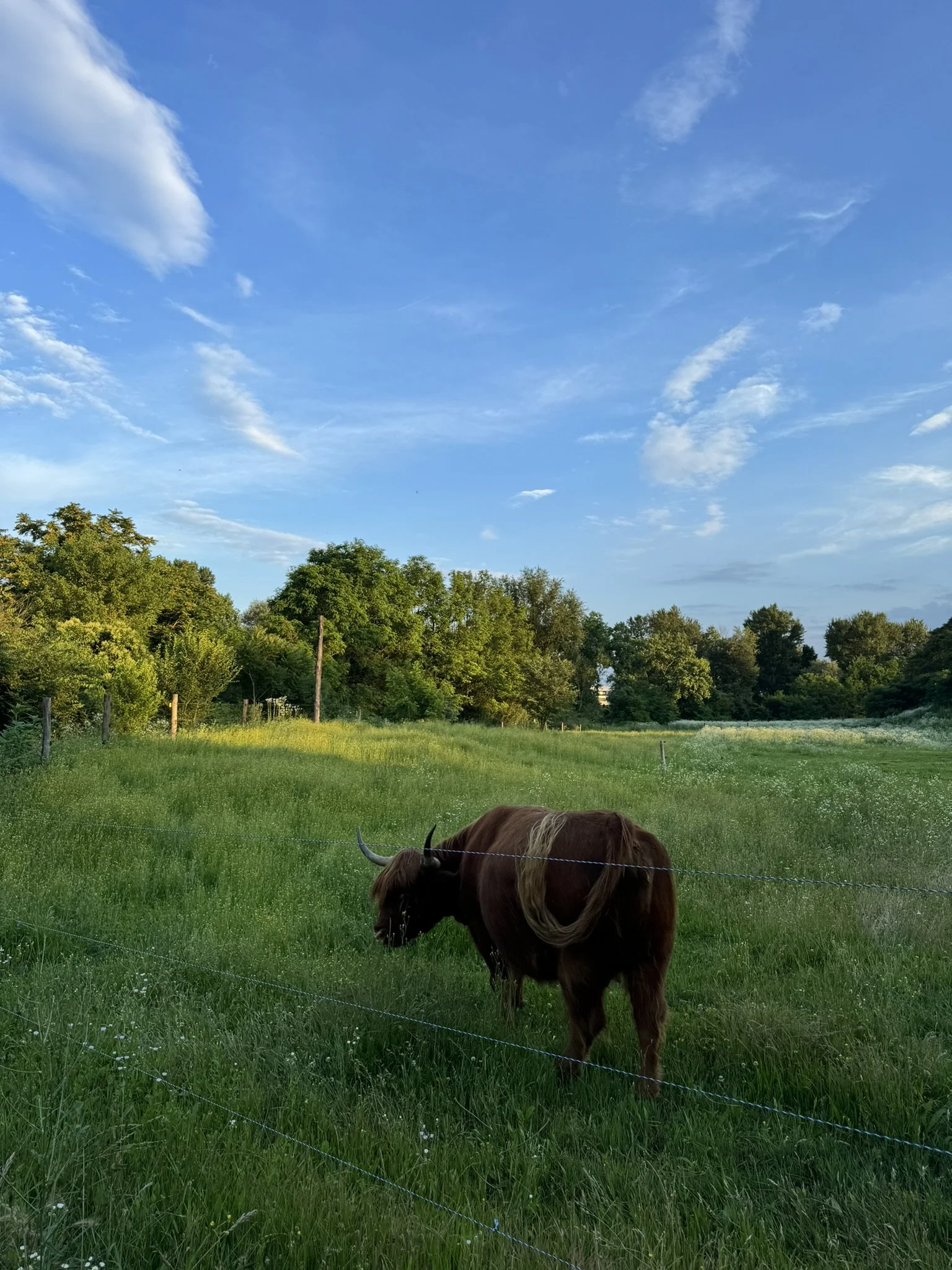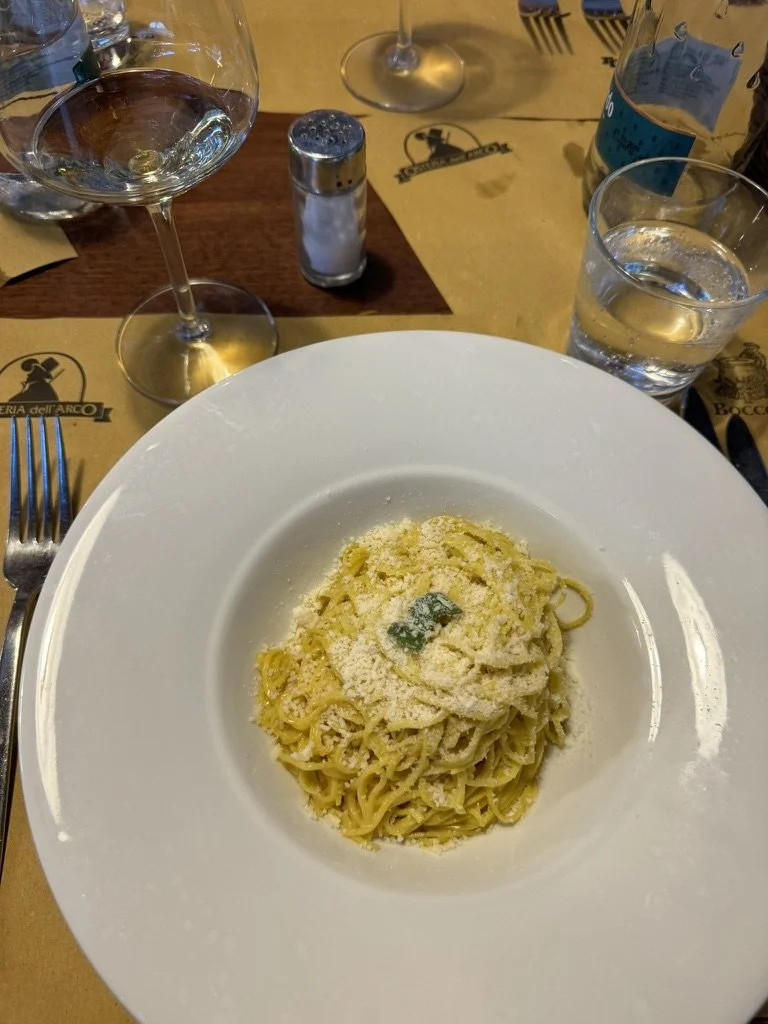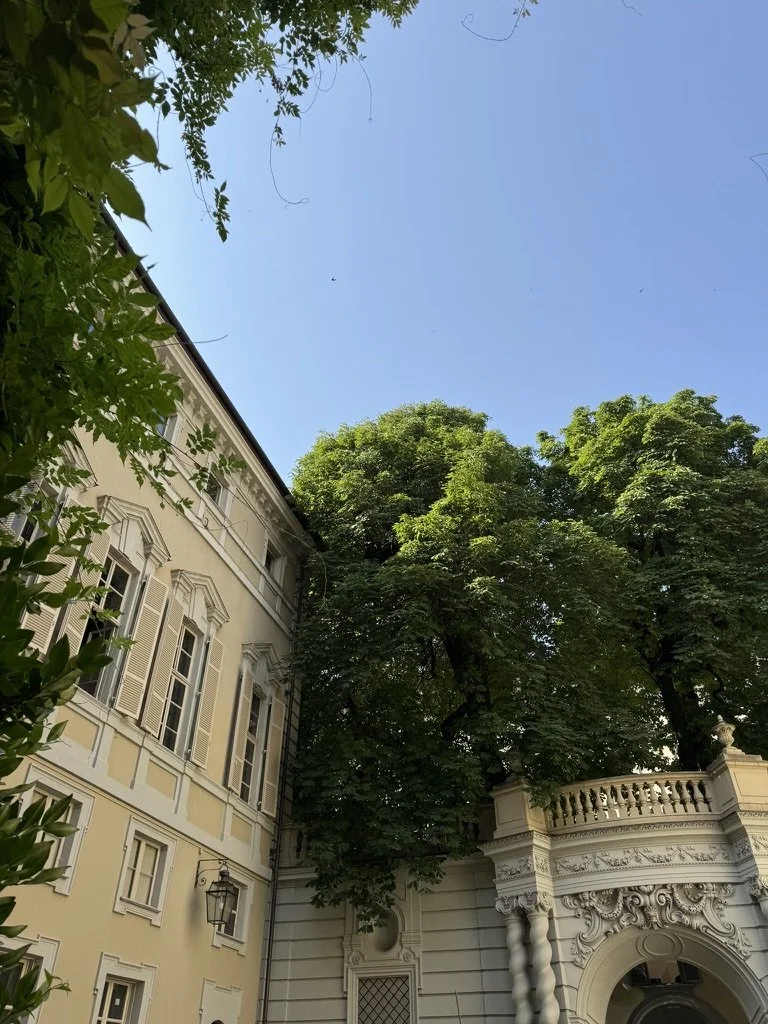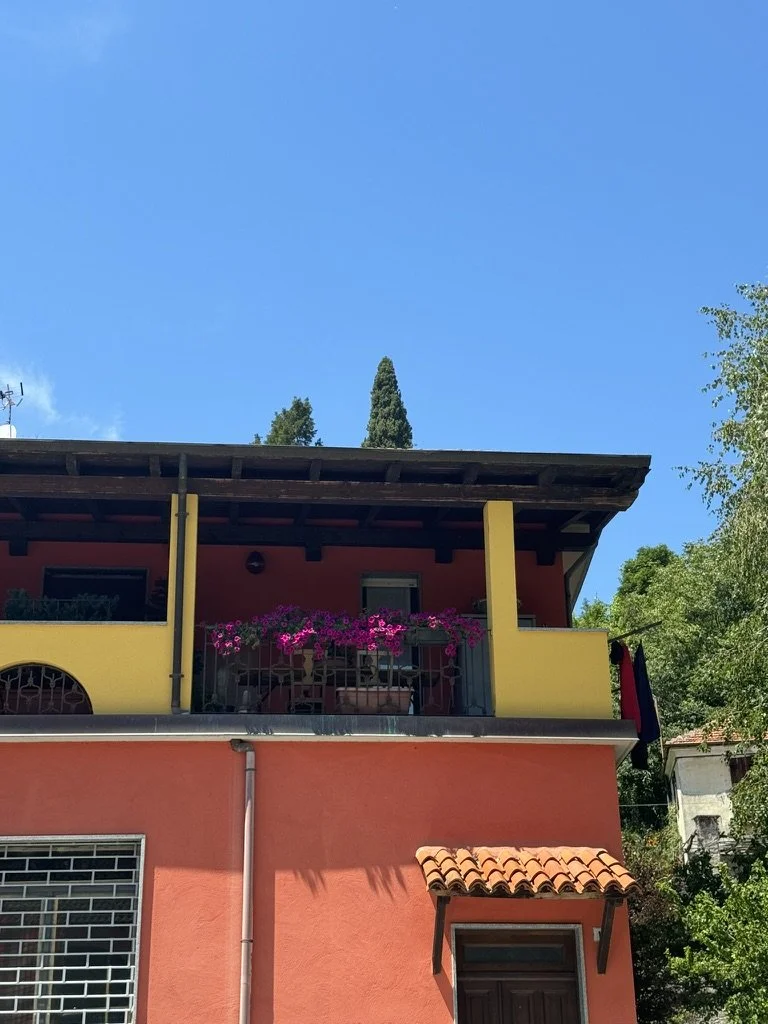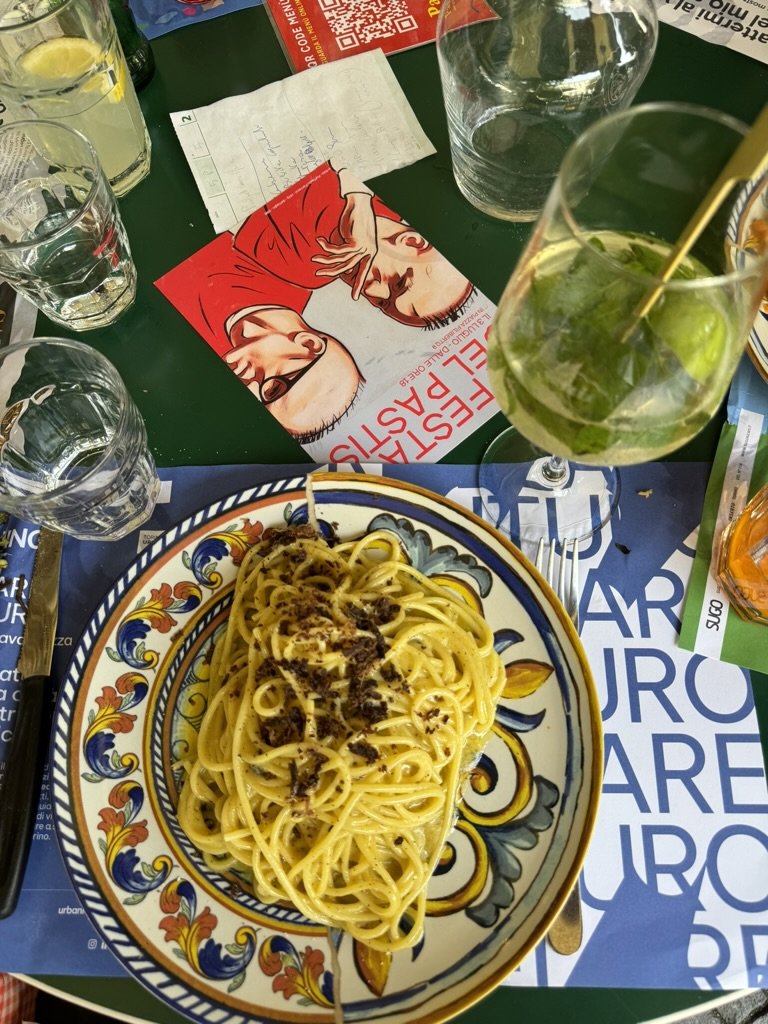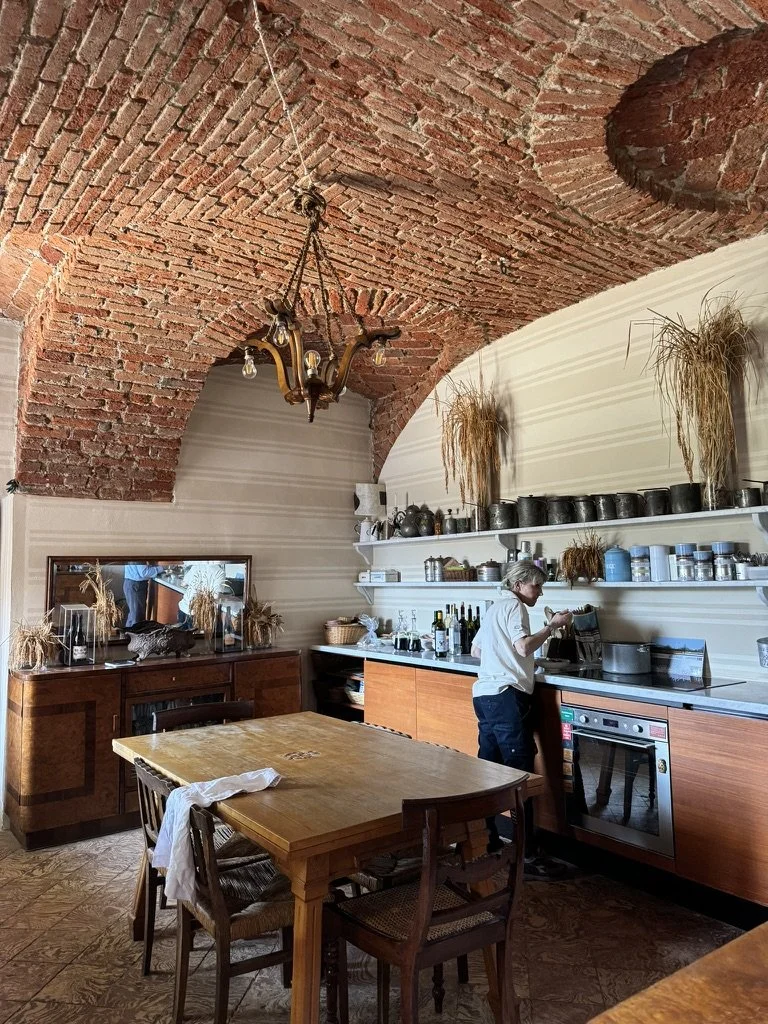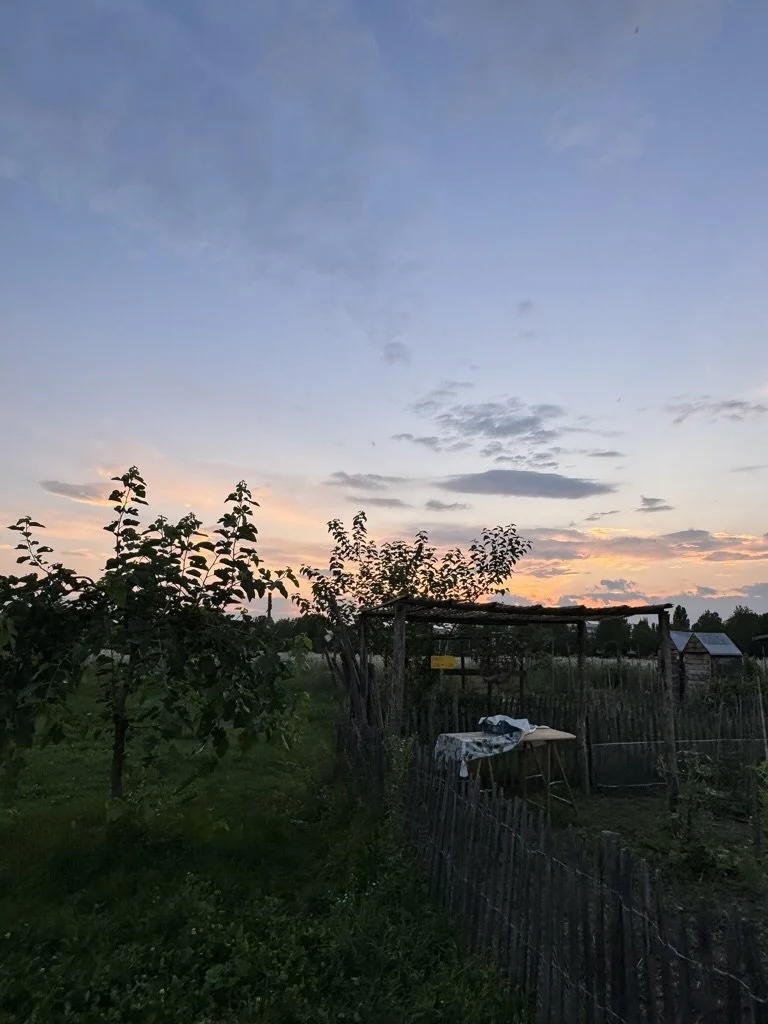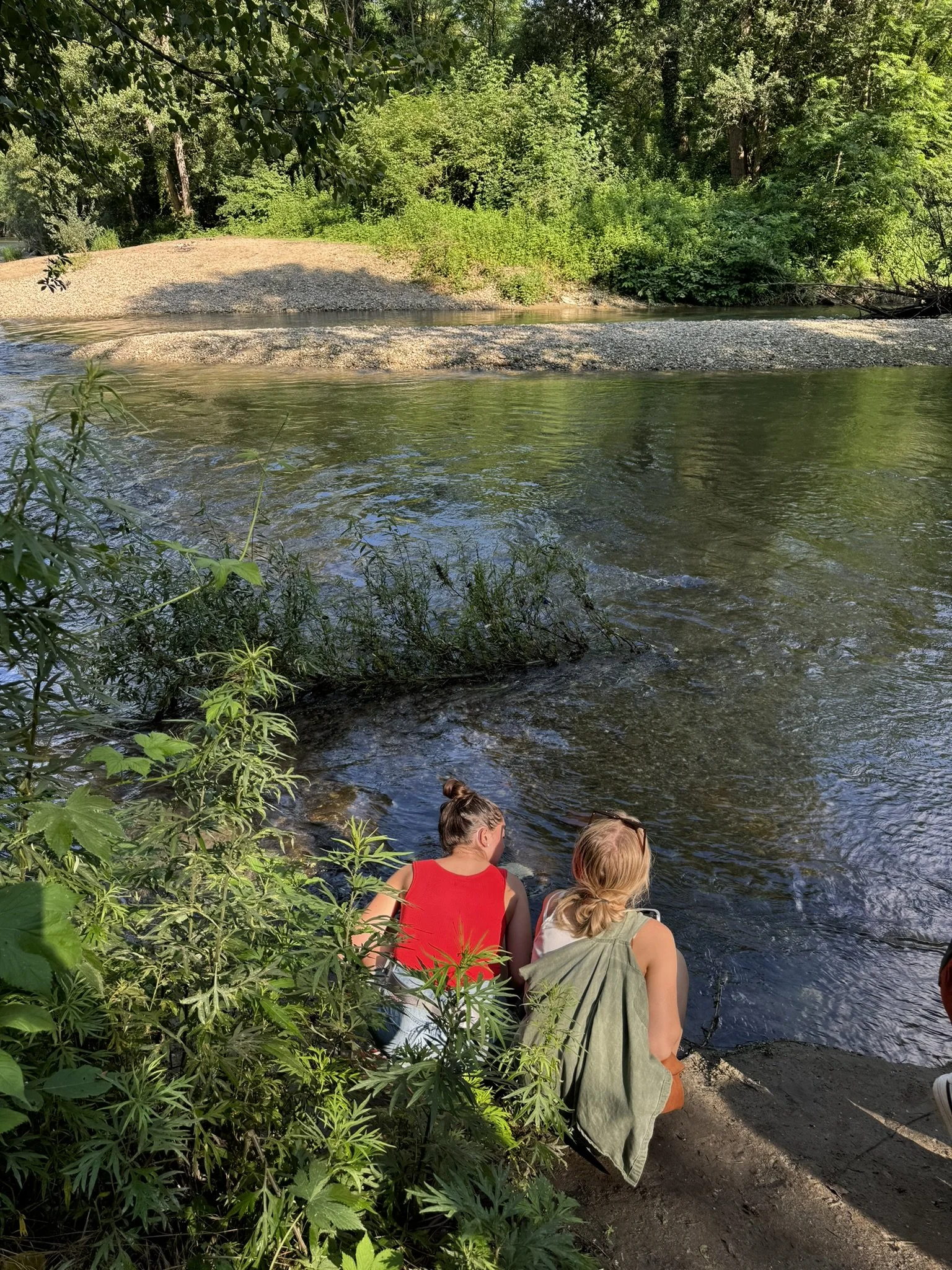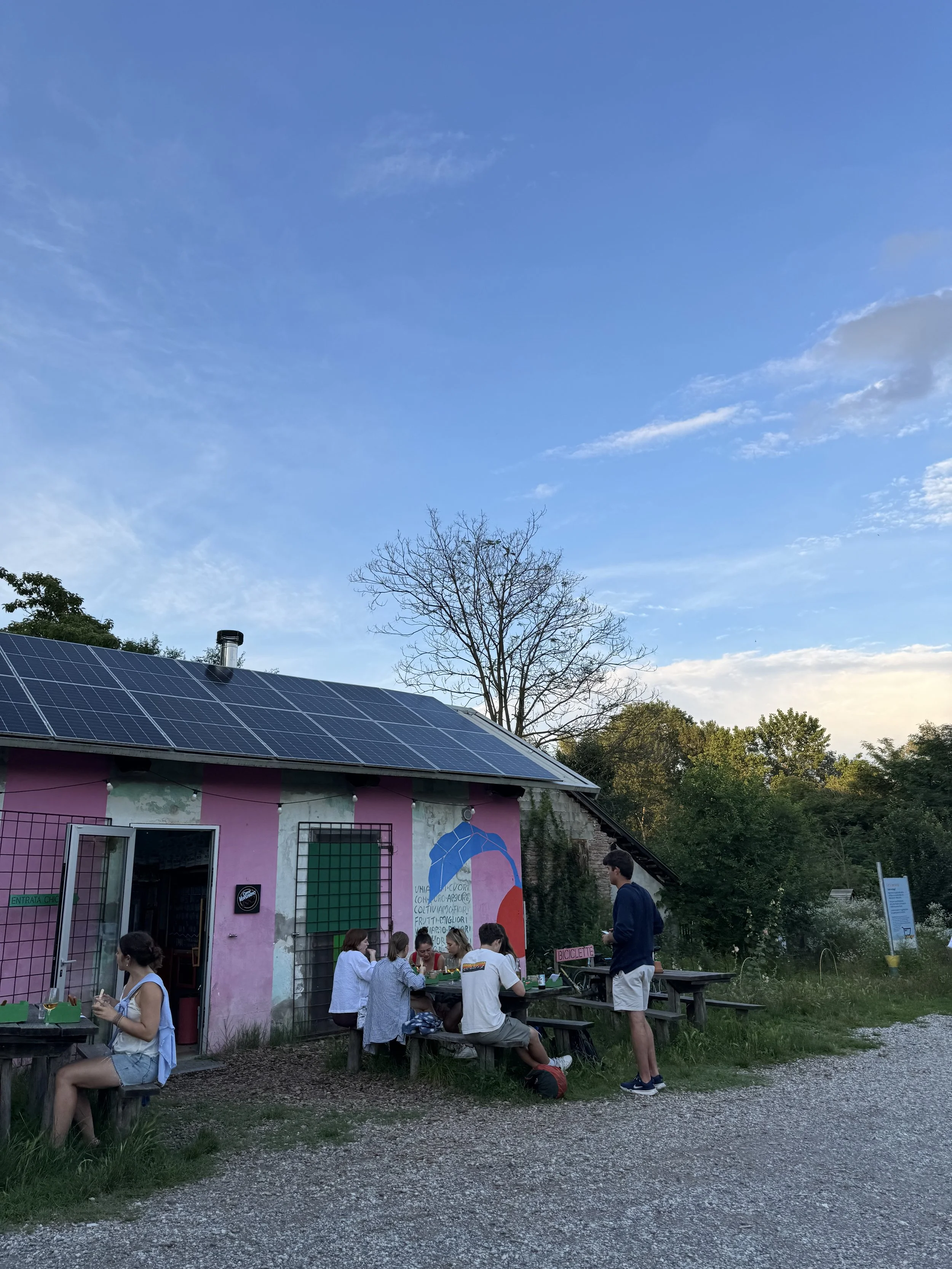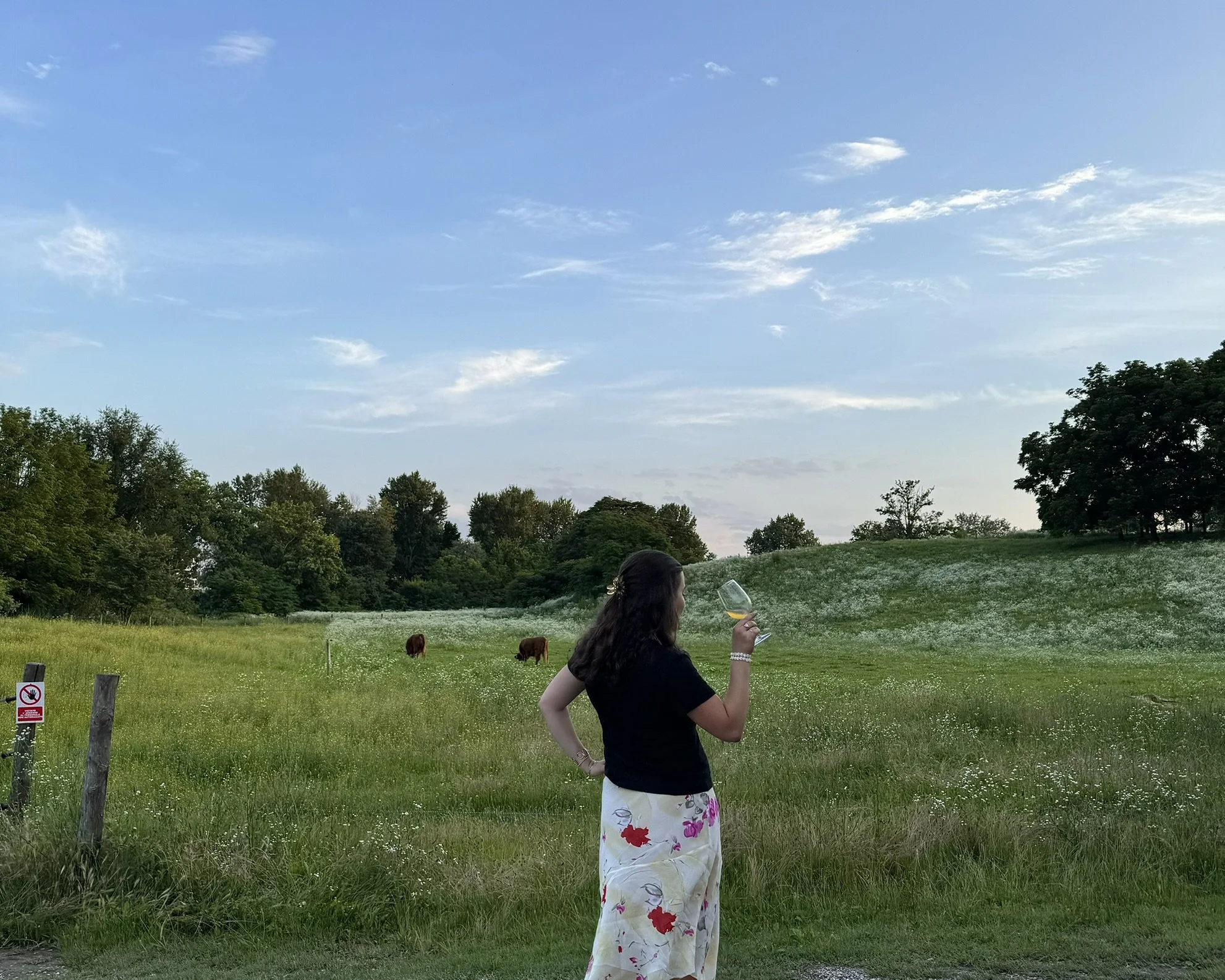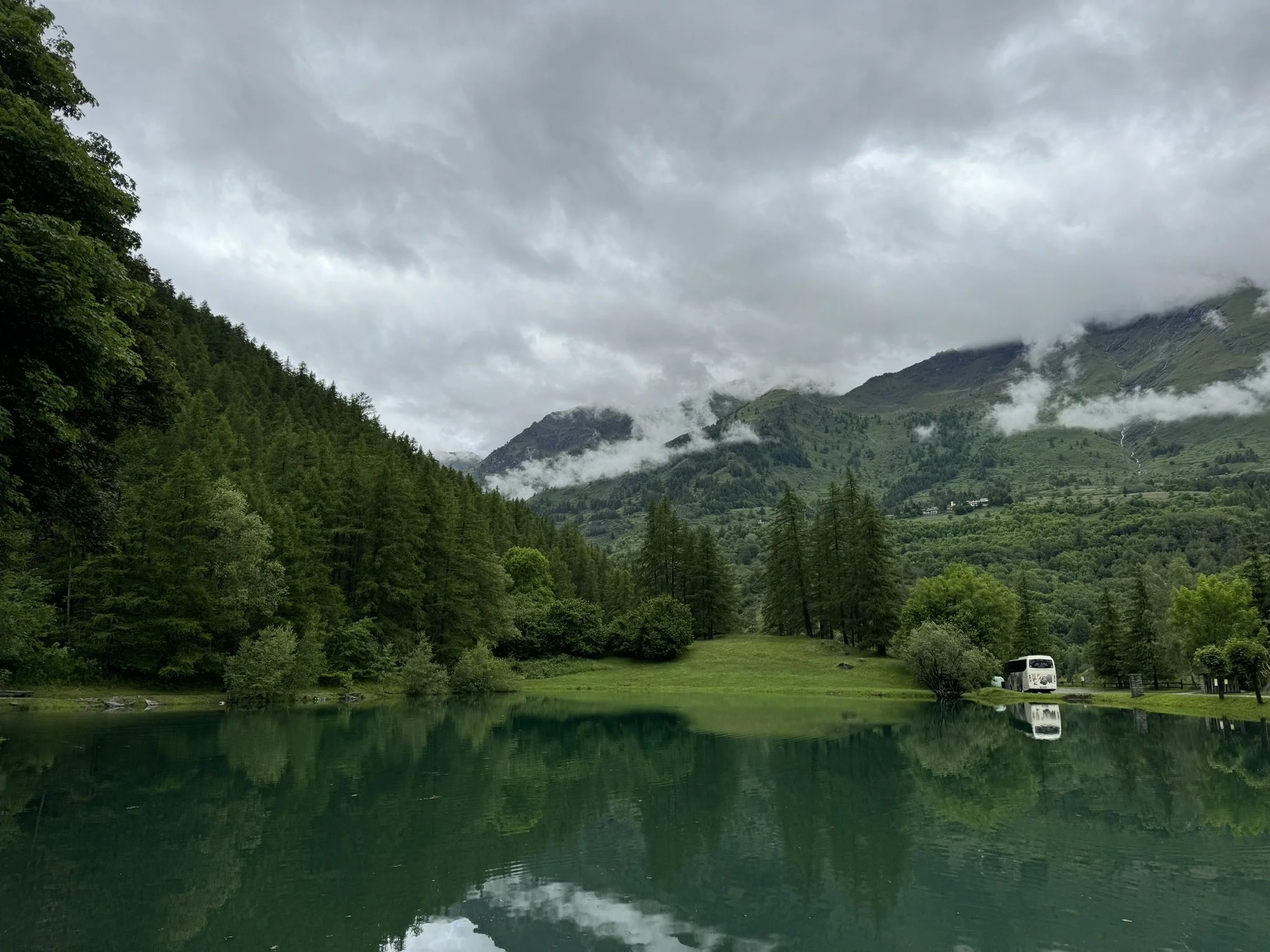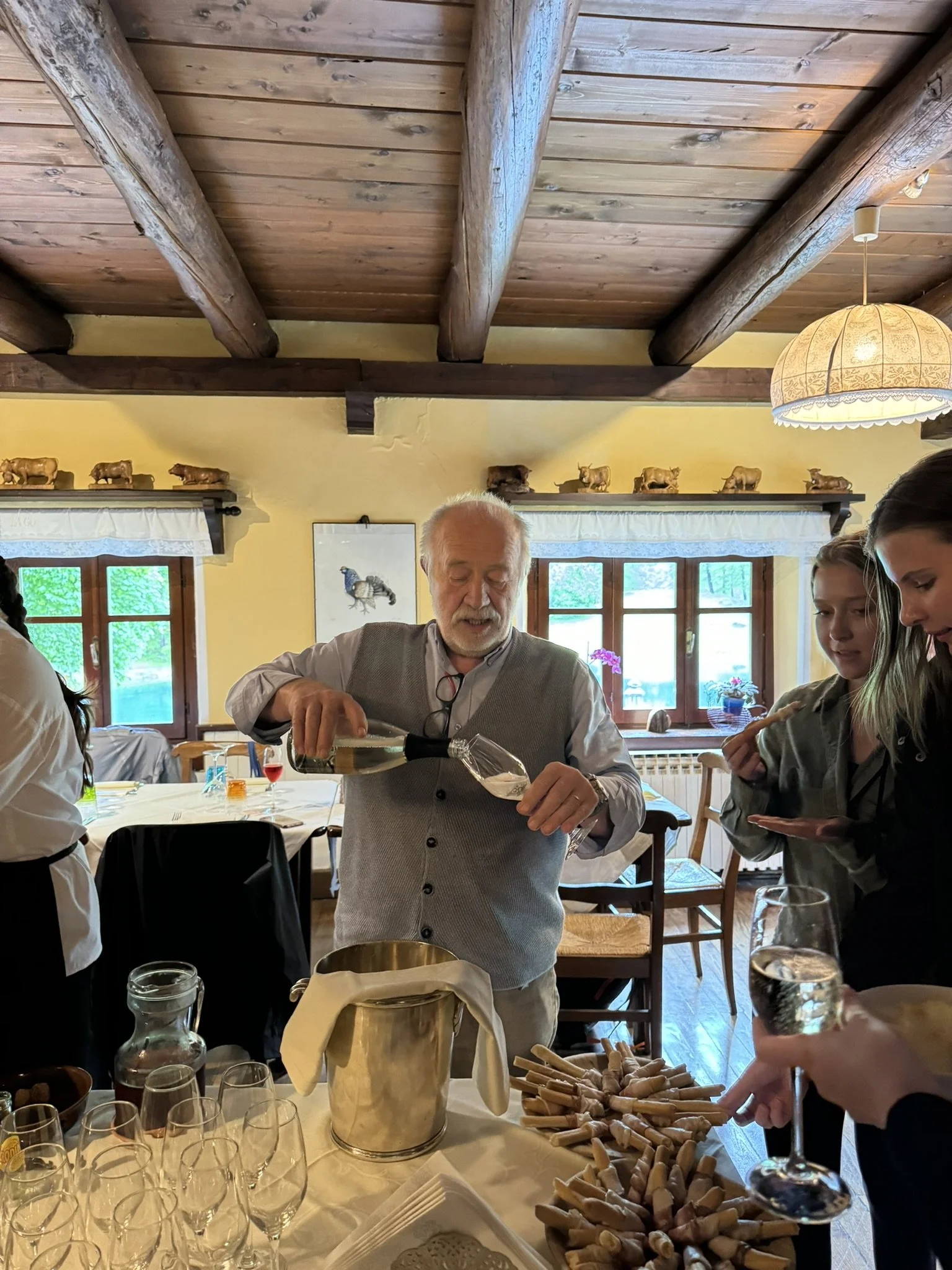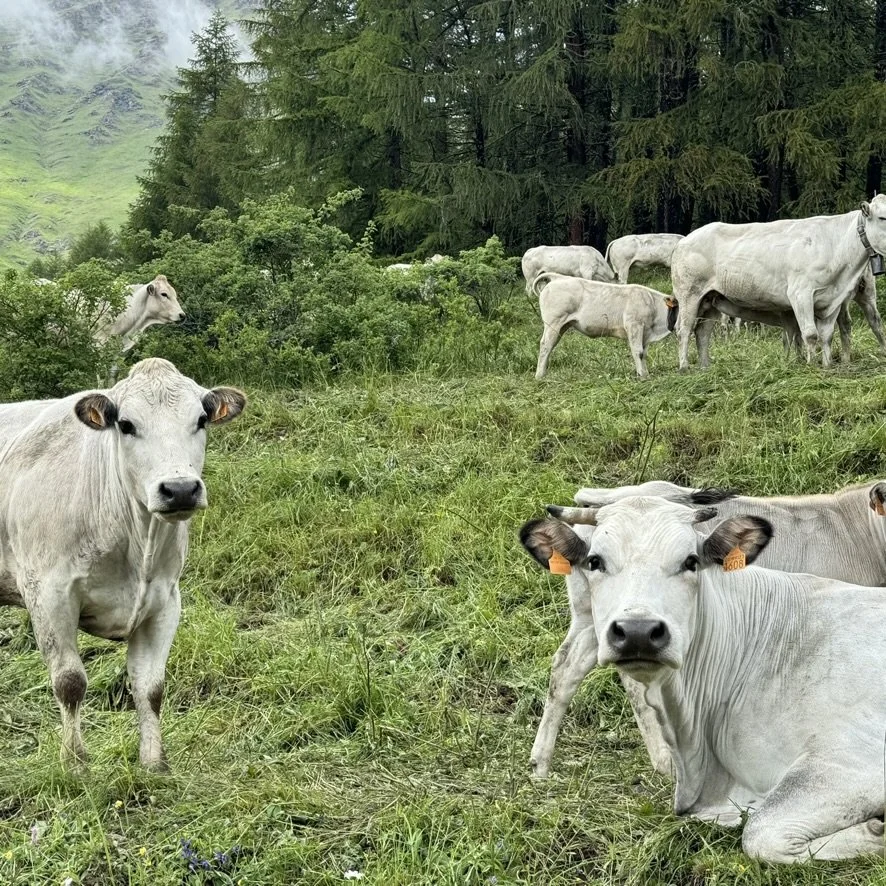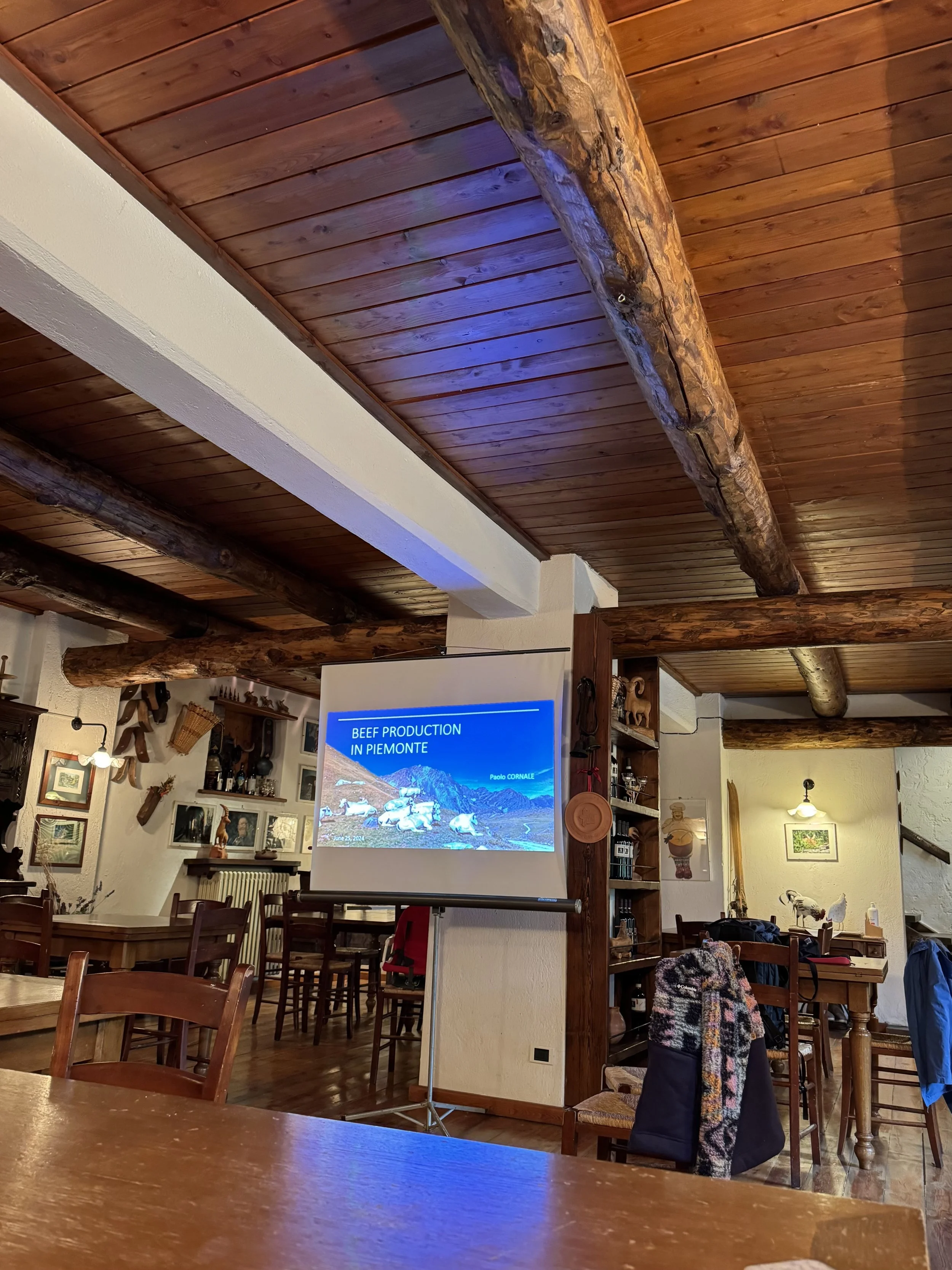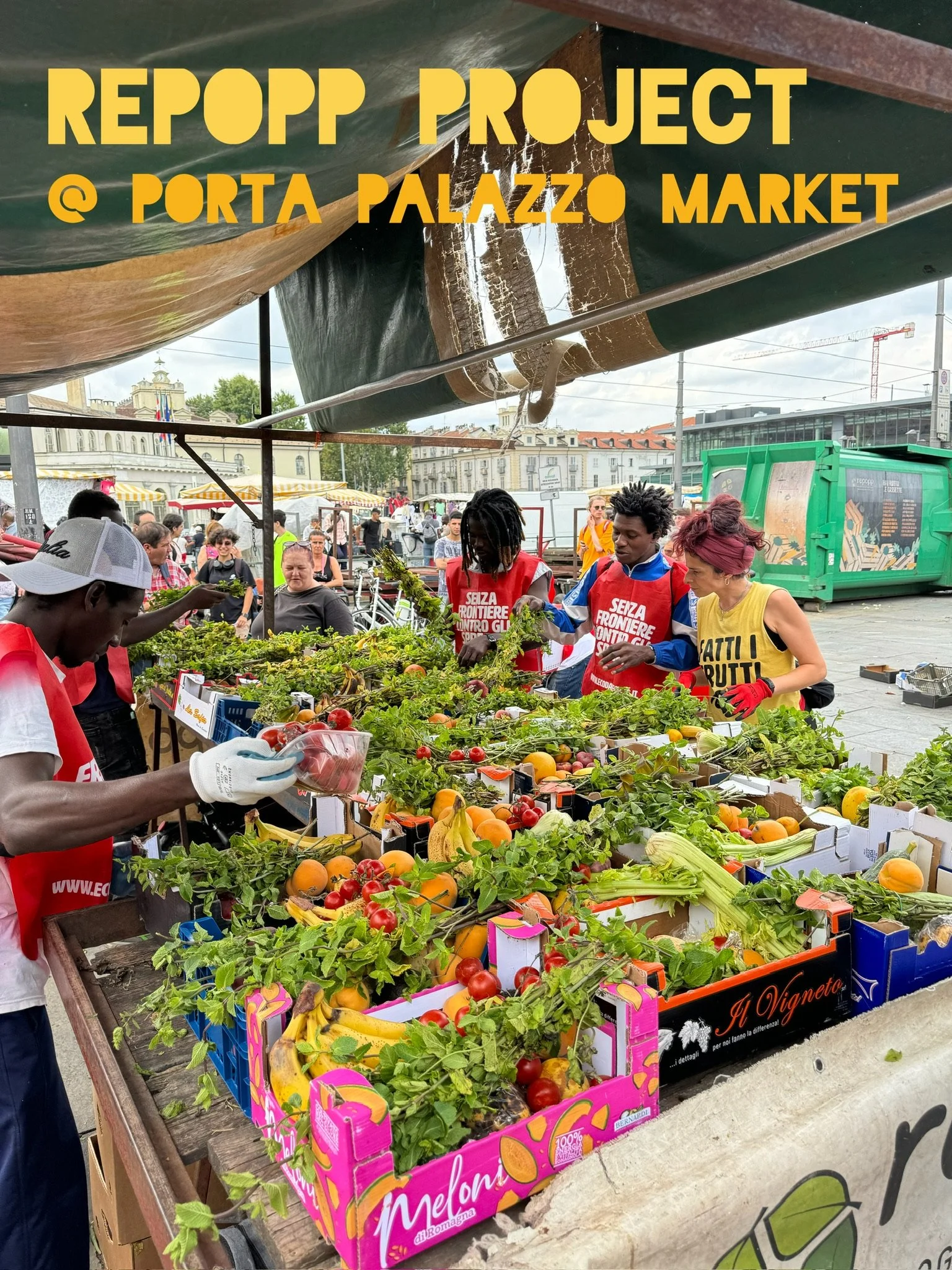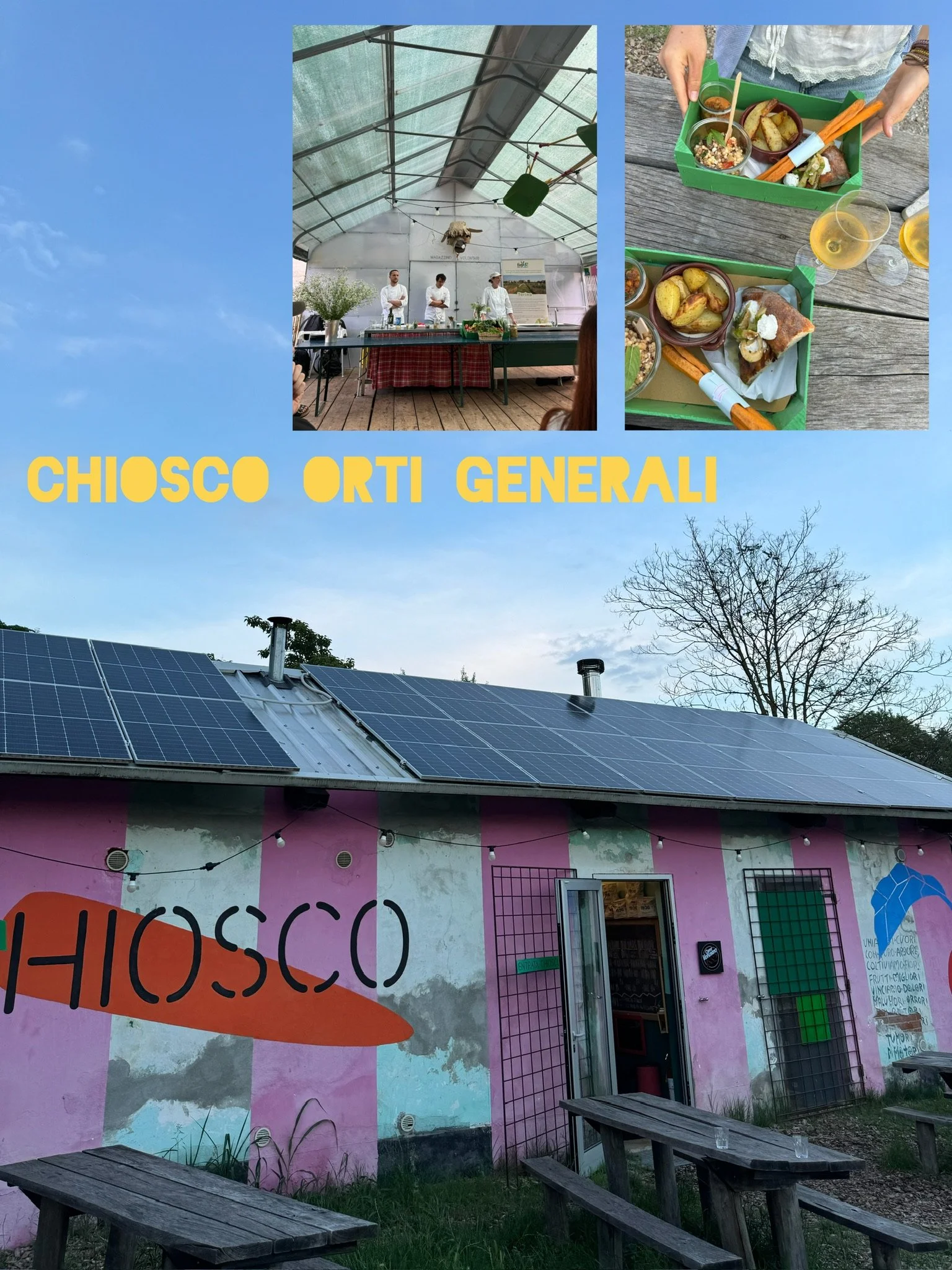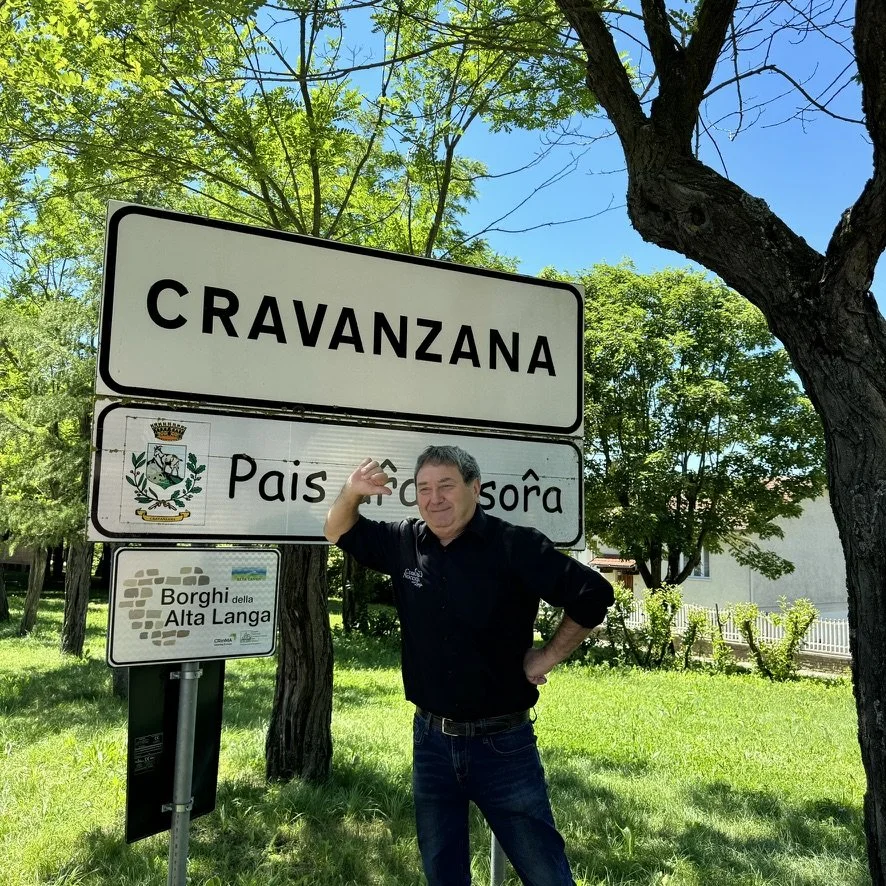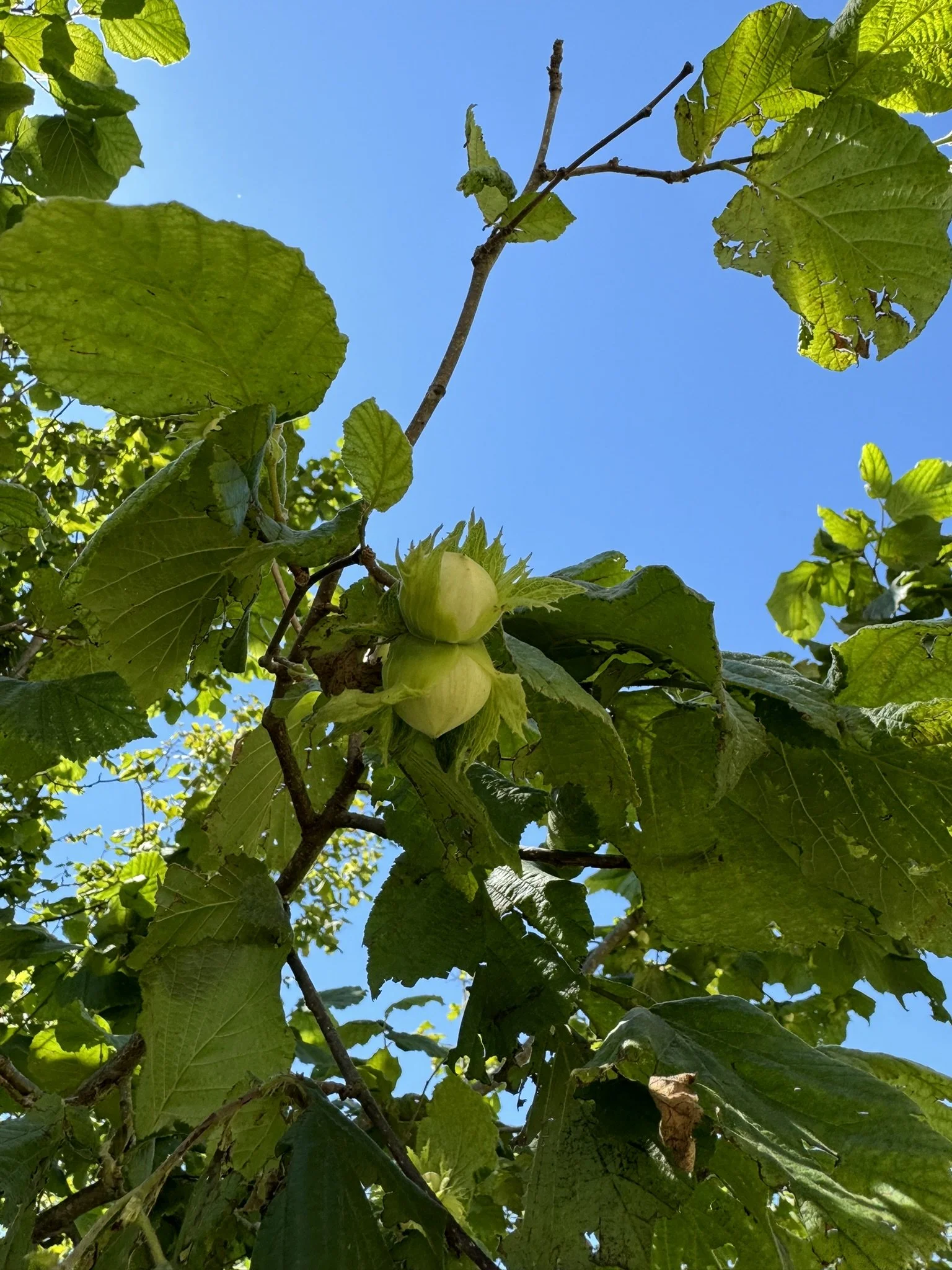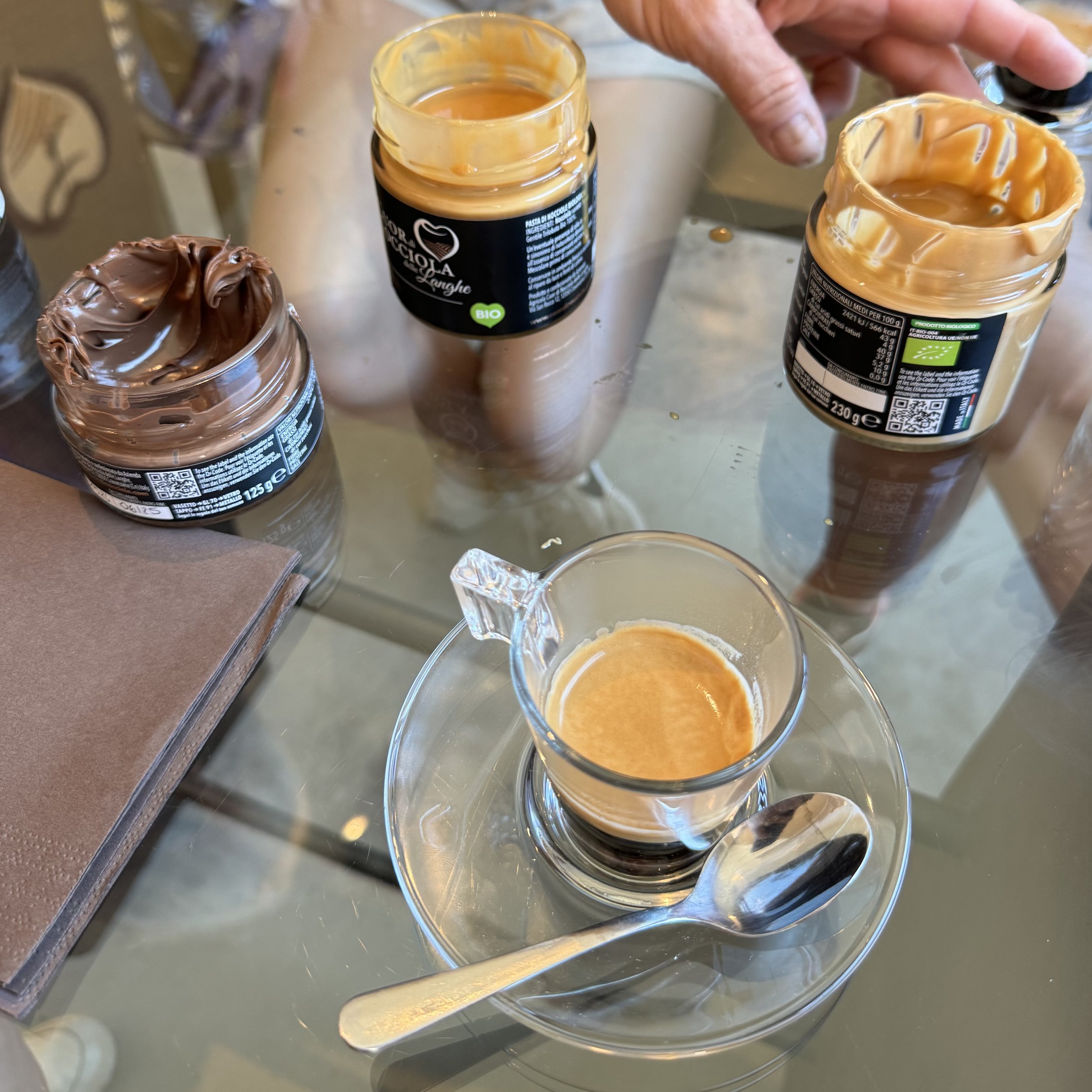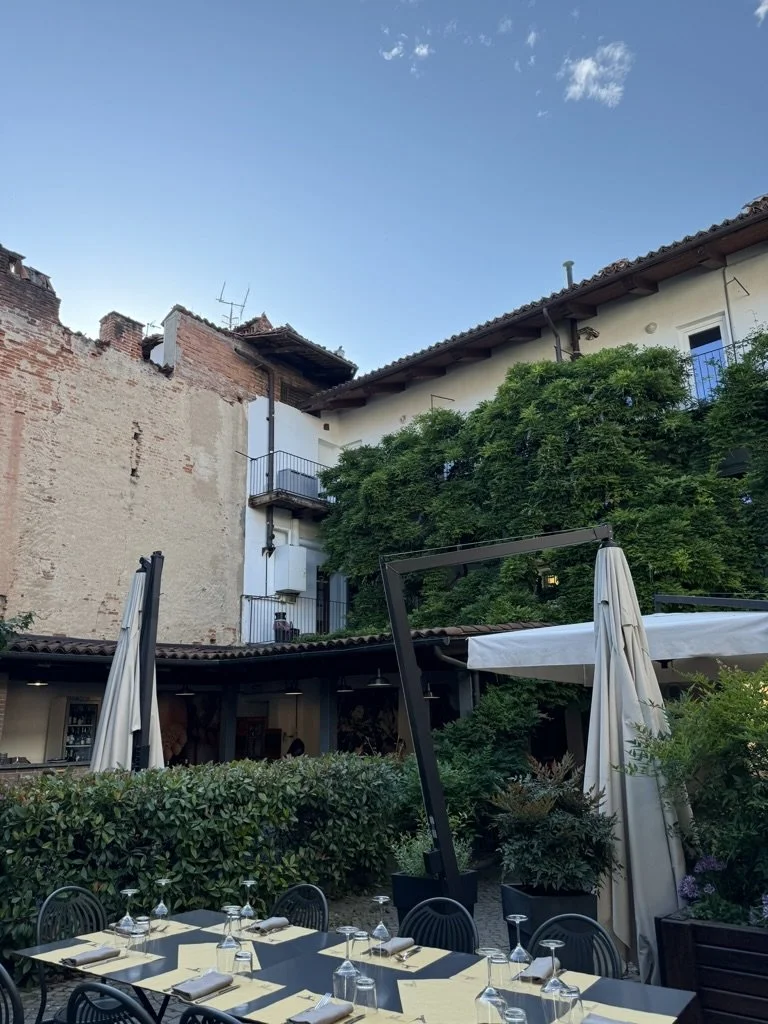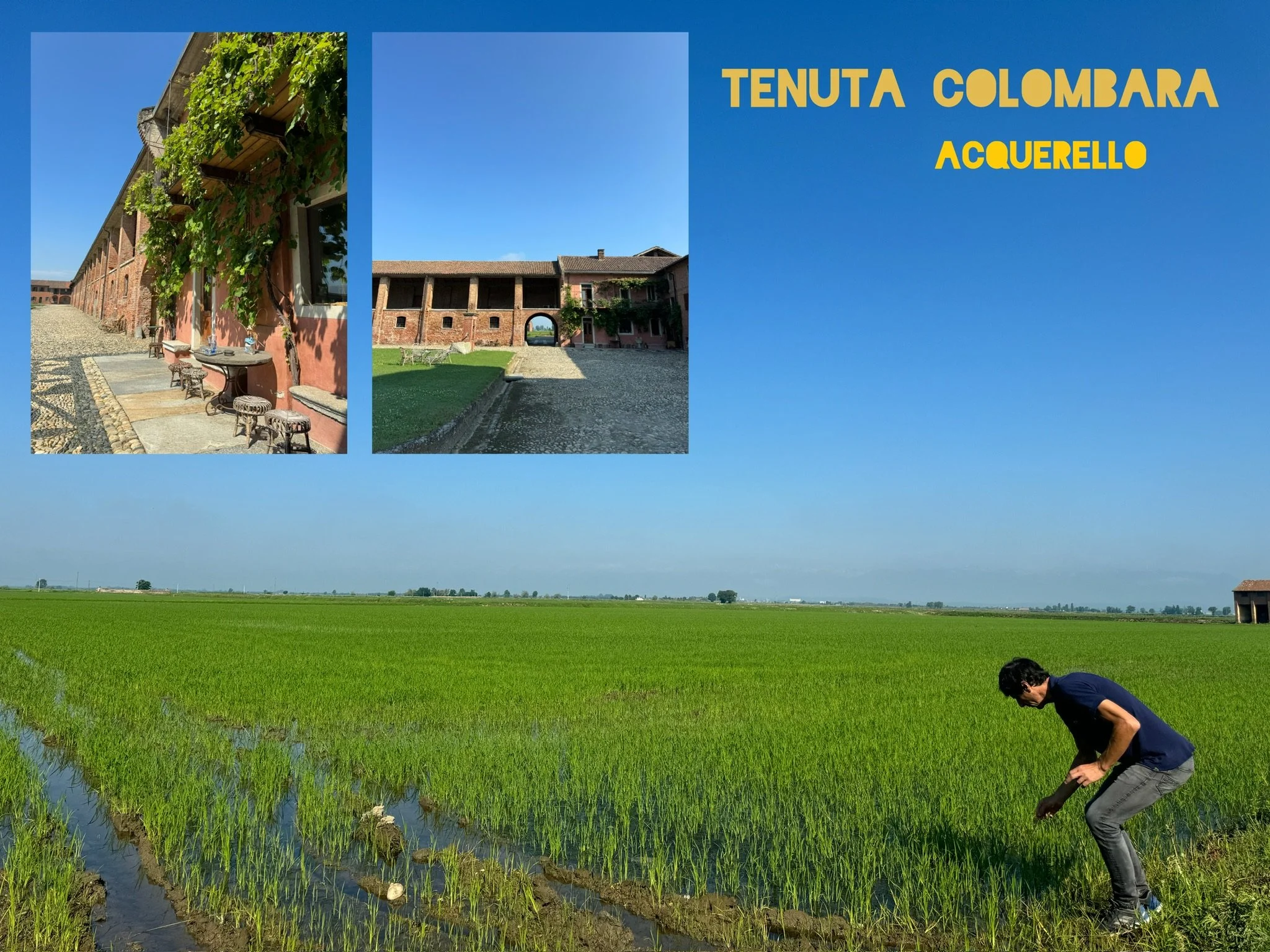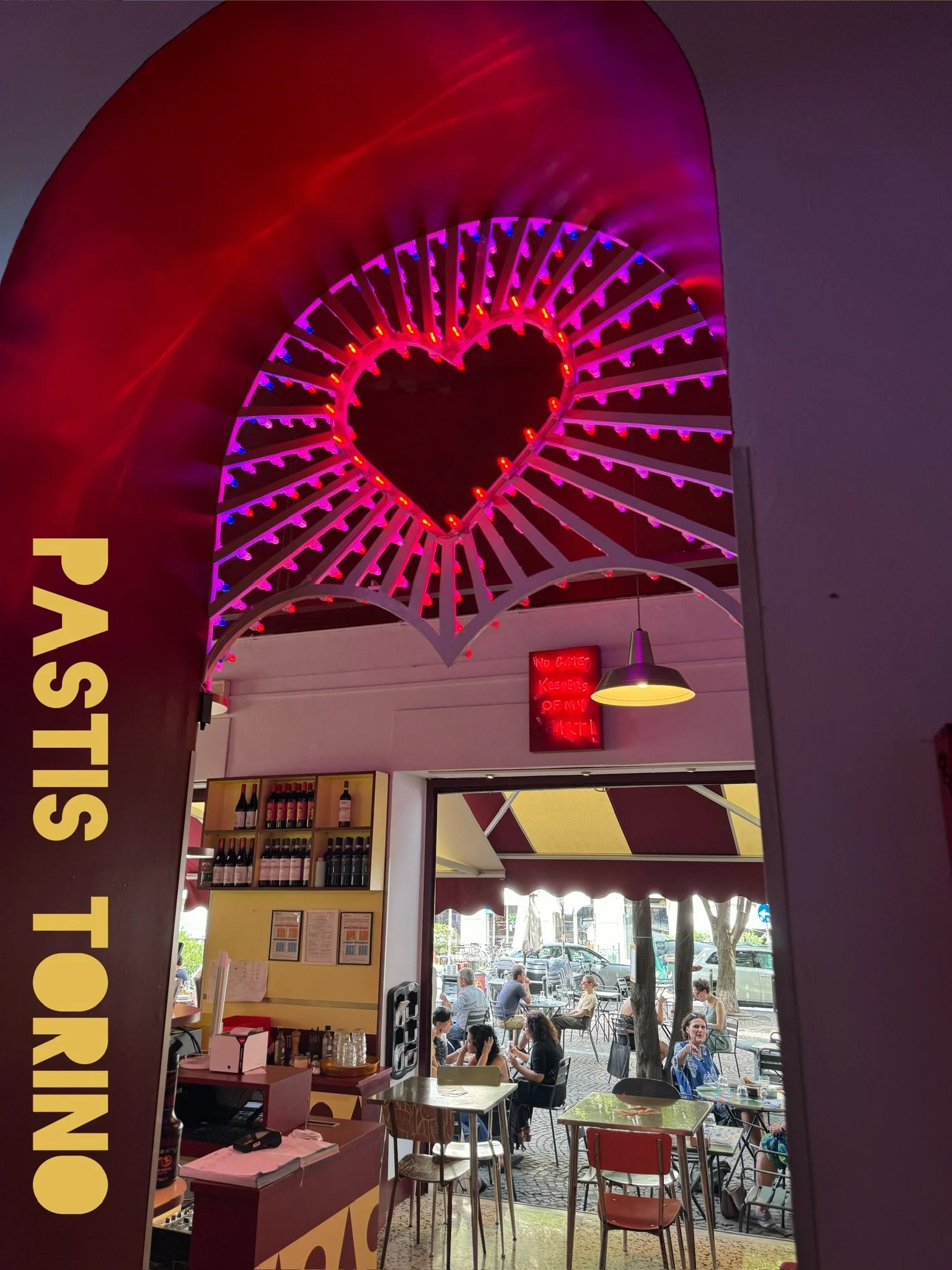A Week Immersed in Italy’s Sustainable Food Systems
Last summer in Denmark, I took a course in Sustainable Food Production and Consumption. As part of the class, we spent a week in Italy immersing ourselves in the Piemonte region. The goal was to gain insights into the food systems there, compare and contrast sustainability between the north and south of Europe, and learn more about the region’s traditions and connections with food and agriculture.
Exploring Food Systems in Northern Italy
Eataly Torino + First Tastes of Piemonte
Turin, Italy is a center for sustainable food systems with strong connections to the Slow Food movement. On Monday, our first night there, we toured the original Eataly Torino (which I loved, considering how much I visited Eataly in Boston), and learned about the sustainability initiatives by the team based in Turin, and its global programs to support local biodiversity. We enjoyed an assortment of local meat, cheese, fish, and wine, and ended the night full and extra excited for the upcoming week.
Cattle Farming in Usseaux
The next day, we ventured out to Usseaux, to learn all about the beef industry there, and how critical the cows are for preserving tradition and the economy of this region. We spent the day at Hotel Lago del Laux, in the most breathtaking setting, enjoying delicious bites while learning from the family there about their philosophy on food and agriculture. An expert from the University of Turin presented on the Piemontese breeds of cattle farming, and water footprint of cattle farming. It struck me how different this felt from large-scale farming in the U.S. We even walked up the hill to see the Piemontese cows roaming freely, it was a day I’ll never forget!
Torino’s circular economy in action- at the largest open-air market in Europe
Universities, Food Waste, RePopp
The following day consisted of many visits, beginning in the morning at the University of Torino, and learning about the educational programs in collaboration with organizations like Slow Food and RePopp. The head researchers of the “Fusilli Project” shared insights into urban food plans and their research on developing integrated food systems and policies in both urban and rural areas. We spent the morning learning about regrowth, selective reduction of production and consumption, and social justice issues the university works to educate on, specifically in the agriculture space. Afterward, we headed to the Mercato di Porta Palazzo, an open air farmer’s market in the town square. Here, we worked with the organization “RePopp” to volunteer and collect food waste from the stalls at the market, and help to redistribute the food waste to community members who arrived to collect it at the time of the market’s closing. RePopp contributes to the circular economy approach, addressing food security through a community-first integration. This experience was so rewarding; we saw the direct impact of our volunteering and collecting food waste in action, and recognized how a few hours can help a significant amount of the community.
Community-run vegetable gardens and zero waste cooking education @ Mirafiori Sud
Community Gardens + a Zero-Waste Cooking Class
In the afternoon, we headed to Mirafiori Sud, my highlight of this trip. We explored the co-op community gardens here, and learned about the co-operative model’s success and how it had been scaled to meet the needs of more people, beginning as a very small operation. After, our class toured Orti Generali, and participated in a special event that evening, where chefs demonstrated a cooking class focusing on eliminating food waste, with creative ways to use the entire vegetable and reimagine seasonal produce from the farm. The chefs, from the Università di Scienze Gastronomiche, taught us to shift from a “recipe-first” approach to an “ingredient-first” mindset, highlighting creative ways to use every part of seasonal produce. At the end of the cooking class demonstration, we had the opportunity to try all of the food that was made (I was taking recipe notes to recreate these dishes at home), and watched the sun set there! This night was so special, and I was so happy to share the meal with such an engaged and fun group of people.
Organic Farms + the Roots of Slow Food
On the last full day in Turin, we headed to tour two different farms, one being one of the last organic hazelnut farms in the region, and the second an organic rice farm. The Robaldo family hazelnut farm in Cravanzana village was family-owned and operated, and used their organic hazelnuts to make delicious treats and spreads. The rice farm, Acquerello, specialized in a hybrid rice grain, and the family owners shared the importance of tradition, quality, and preserving biodiversity in the production of their products. Both farms emphasized that innovation and sustainability don’t always mean new technology, sometimes, they mean protecting what already works, and staying authentic.
Before dinner, we met with some leaders of Slow Food in Bra, Italy, who presented on the Slow Food movement, and how it has expanded globally. The movement started in 1986 in Italy, and now actively exists in over 160 countries.
We ended the day with a meal at L’Osteria del Boccondivino, a fabulous outdoor restaurant specializing in traditional Piemontese cuisine. The restaurant emphasizes sustainability by sourcing ingredients locally and supporting small producers, and the lively atmosphere made it the perfect place to reflect on our week.
Exploring the fields of Acquerello
Pastis- where sustainable meals go beyond where food is sourced- cultural events, art, people, community building, urban farm relationships.
Pastis + a Bittersweet Goodbye
Before leaving Torino in the afternoon on Friday, we visited one last Slow Food restaurant in Turin, called Pastis, and had the most delicious meal of the trip on their bustling patio. The restaurant even had a piece of the Berlin Wall inside?! The restaurant claims “human relationships come before the receipt,” and that welcoming atmosphere was truly evident the moment we walked in. We met the owner, Andrea Tortorella, and learned more about the restaurant and its place as an “if you know you know” art and culture institution in the middle of Turin, with a constant schedule of cultural and progressive events. They serve up Sicilian cuisine with an emphasis on fish and vegetables from local urban gardens, local and short transport distances. Oh, and the tuna carbonara was life-changing; I’ve never had anything like it and will forever think about how delish it was. The ending of the trip was bittersweet, but I felt so grateful to visit a brand new region of Italy, expanding my understanding of sustainable food systems. This inspired me to think about how these practices, whether reducing food waste or supporting local biodiversity, can be adapted in the US and beyond! And feeling so inspired with recipes I will definitely try and recreate… posts coming on that soon… stay tuned <3
xoxo,
Josie
